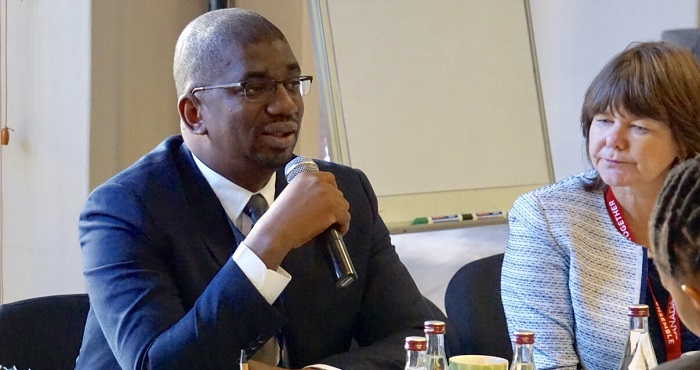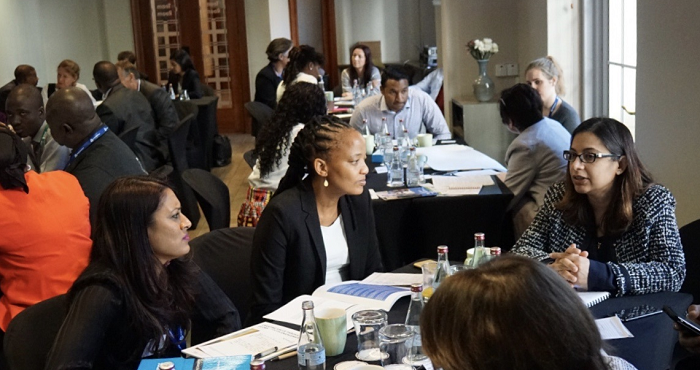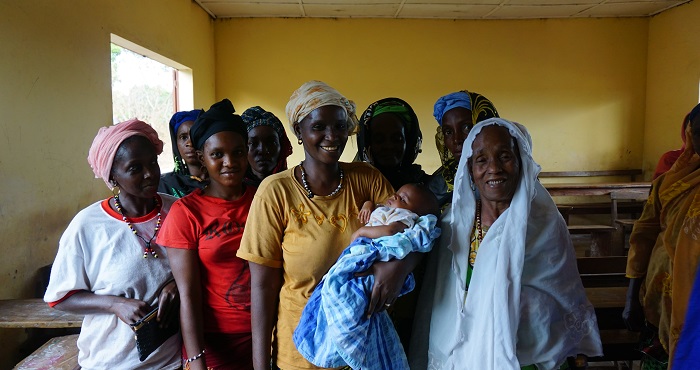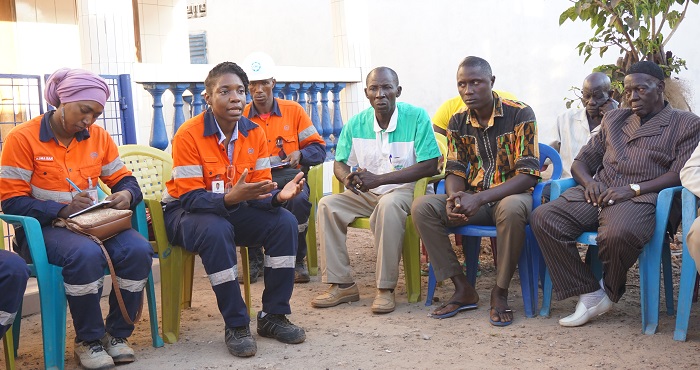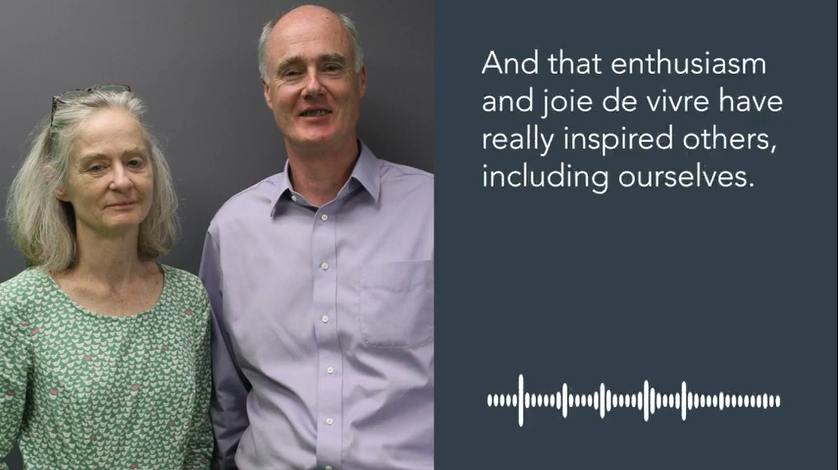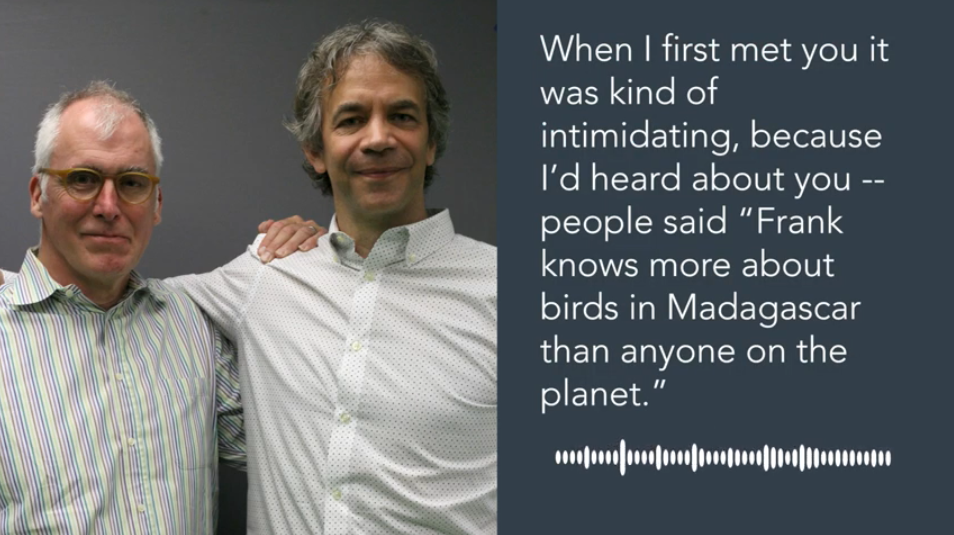Namrata Thapar: Guinea is very rich in mineral resources. What are some of the challenges you see in terms of, we need to be more sustainable in the way we do the mining business, there are communities involved so the stakeholders are many.
Abdoulaye Magassouba: We had gone through a series of reforms over the last let’s say eight years, and we got to a point where we were completing most of the reforms and we were getting out of ebola. So we are getting an important amount of direct investment in the mining sector now. The biggest challenge for us was to accelerate how to make the businesses sustainable in these regions, where you have a lot of poverty so given that mining cannot absorb all the unemployment, we need to be creative, make sure that we limit environmental impact, we make sure that on the social and economic level we have more positive impacts so that we make sure that the mining corporations in these areas are sustainable in the long run.
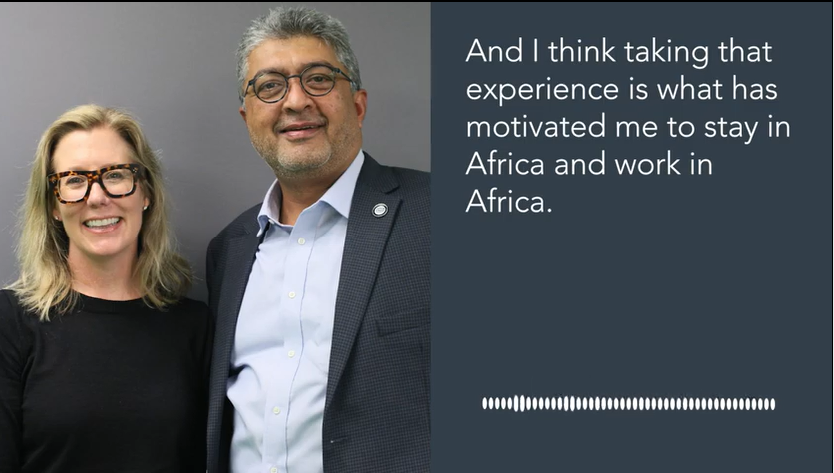 https://commdev.org/wp-content/uploads/2019/08/Satyam-Mary.png
473
834
James Frazier
James Frazier2019-08-05 11:49:172019-08-05 11:50:35Satyam Ramnauth & Mary Porter Peschka
https://commdev.org/wp-content/uploads/2019/08/Satyam-Mary.png
473
834
James Frazier
James Frazier2019-08-05 11:49:172019-08-05 11:50:35Satyam Ramnauth & Mary Porter Peschka
